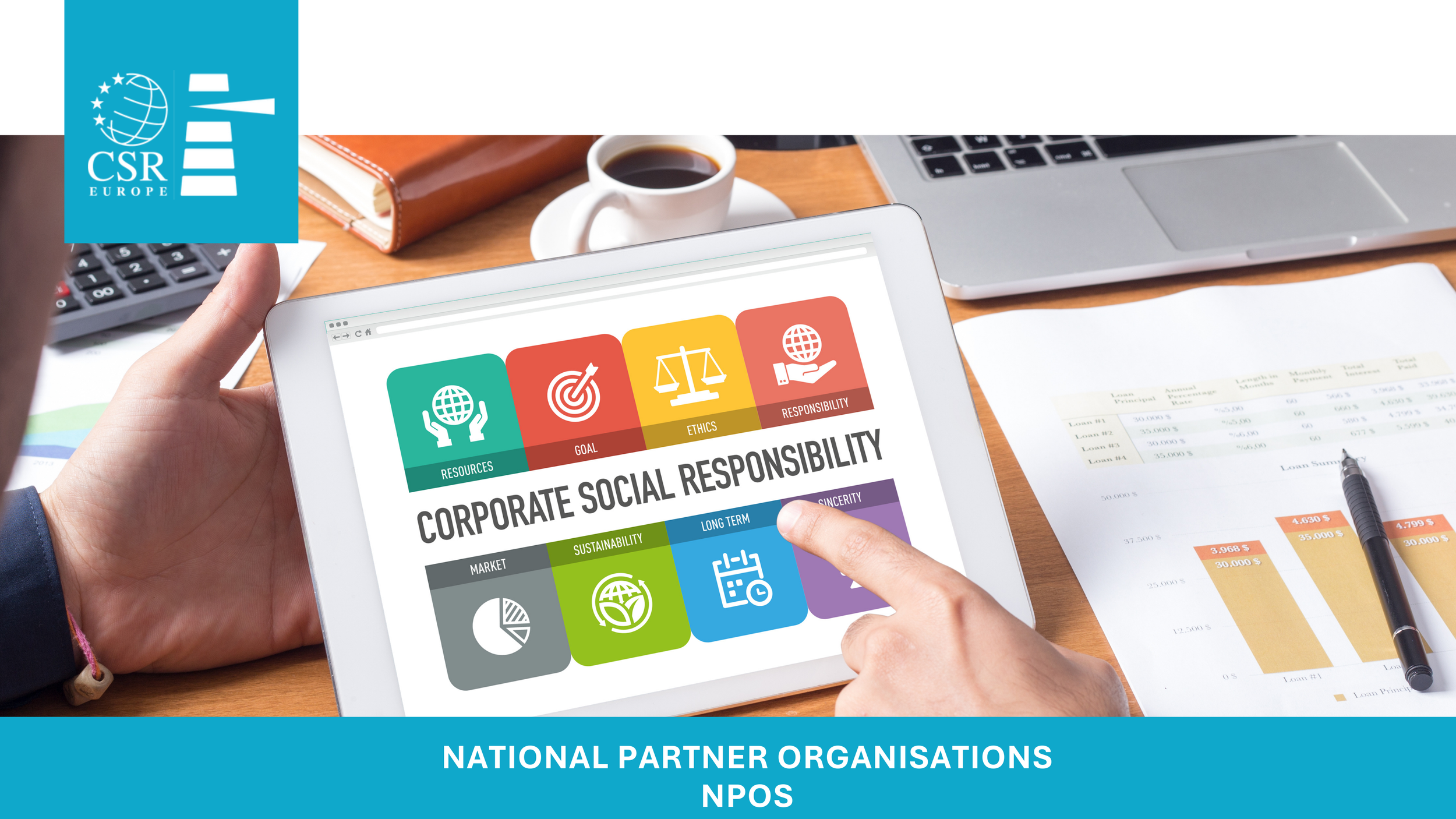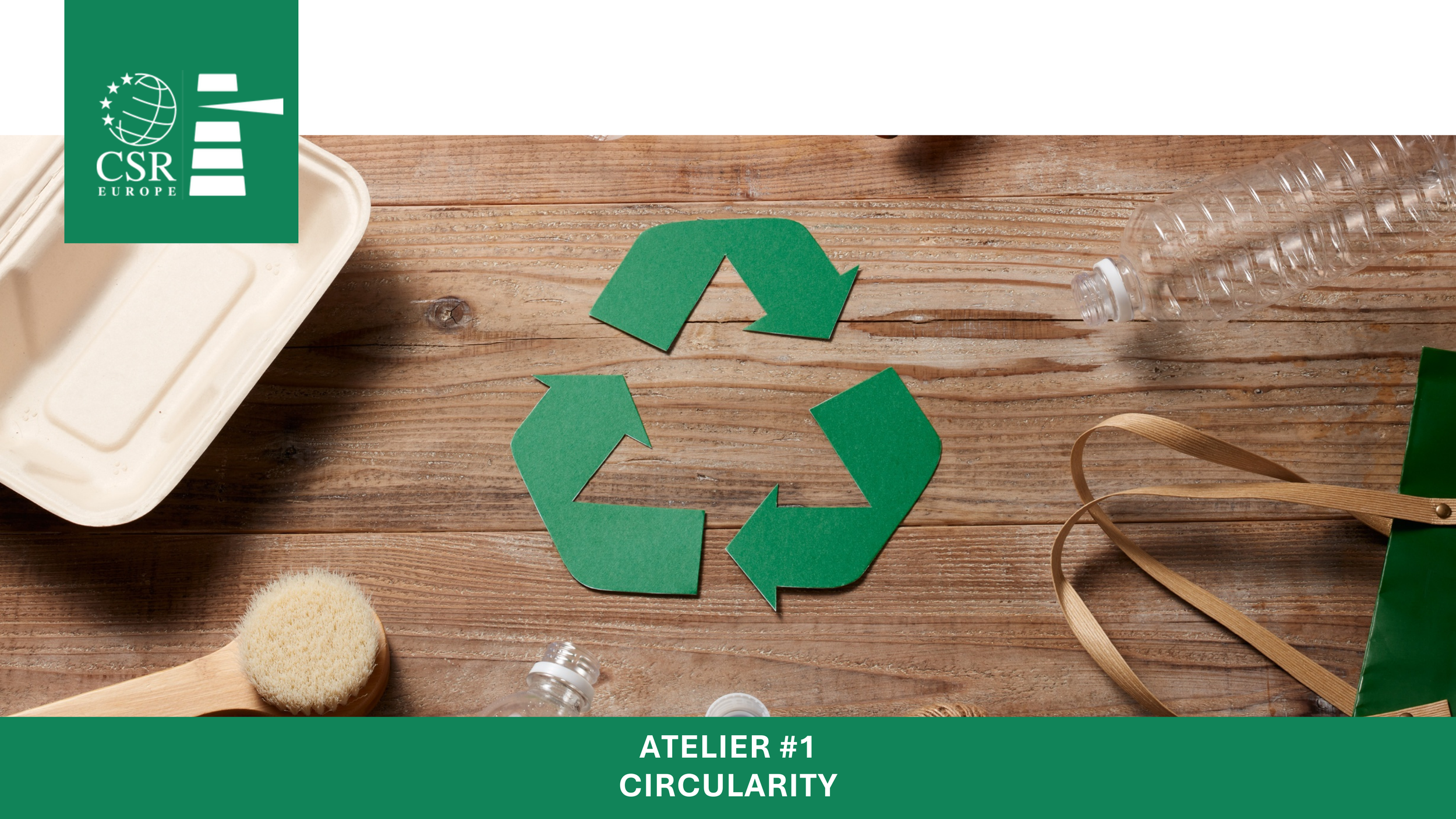EU Updates - April
MEPs Stress Protection of Biodiversity and Europe’s Competitiveness
In the opinion filed on the Biodiversity Strategy for 2030, Members of the European Parliament (MEPs) stressed that protecting biodiversity shouldn’t come at the expense of the agricultural sector’s competitiveness.
The opinion calls on the Commission and Members States to:
Establish a science-backed evaluation of the Biodiversity Strategy’s measures and targets.
MEPs want to check their impact on EU Farming and Forestry.
Stress the key role of the Common Agricultural Policy (CAP) in protecting and promoting farmland biodiversity.
Include EU farms and forests in the debate and providing compensations.
Promote changes in the EU vegetative propagation regulations that encourage “on farm” conservation of genetic variability.
Control the use of substances that are harmful to pollinators.
Support further research in soil ecosystem services and to boost support for efficient irrigation systems and sustainable water management.
Promote biodiversity among all EU trade agreements. Imports from non-EU countries should comply with EU sustainability standards and imports of products resulting from deforestation should be reduce.
NEXT STEPS
The opinion will now be shared with the Environment Committee for vote, provisionally scheduled for 22 April 2021.
TAKE ACTION
Companies are already taking action to protect biodiversity. Learn more about the work done by the business-led collaborative platform Biodiversity & Industry.
Commission Launches Effective Active Support to Employment
After the implementation of the SURE program - aimed at mobilising significant financial means to fight the negative economic and social consequences of the coronavirus outbreak- the European Commission has launched the Effective Active Support to Employment (EASE). EASE provides timely guidance for Member States to accompany labour market transitions from declining to expanding sectors, including green and digital, to boost employment.
Member States are invited to develop coherent policy packages comprising three elements:
Time-limited hiring incentives and entrepreneurial support
Upskilling and reskilling opportunities
Enhanced support by employment services, with a special focus on young people and workers of all ages in the sectors worst affected by the pandemic.
MEPs Call for New Rules for Companies on Supply Chain Due Diligence
Members of the European Parliament (MEPs) called on the European Commission to come up with new obligations on corporate due diligence and corporate accountability for European companies - all large companies and SMEs that are publicly listed or high-risk in Europe. In the report, adopted on 10th March, the European Parliament’s Committee on Legal Affairs (JURI) stressed that:
The current lack of a joint EU-wide approach and could lead to a disadvantage for those companies that are already implementing social and environmental standards.
Respect for human rights continues to play a marginal role in policies and strategies.
To ensure a level playing field, companies’ responsibility to respect human rights under international standards should be transformed into a legal duty at the EU level.
The establishment of mandatory due diligence requirements at the EU level will be beneficial to businesses in terms of harmonization and legal certainty.
Due diligence requires companies to identify potential or actual adverse impacts and to adopt policies and measures to cease, prevent, mitigate, monitor, disclose, address, remediate them, and account for how they address those impacts.
A due diligence strategy should be duly integrated into the company’s overall business strategy.
Binding rules should also go beyond the EU’s borders, meaning that all non-EU companies that want to access the EU's internal market would have to comply with due diligence obligations related to human rights and the environment.
A ban on imported products related to severe human rights violations, such as forced or child labour, is needed.
UPCOMING EVENTS









